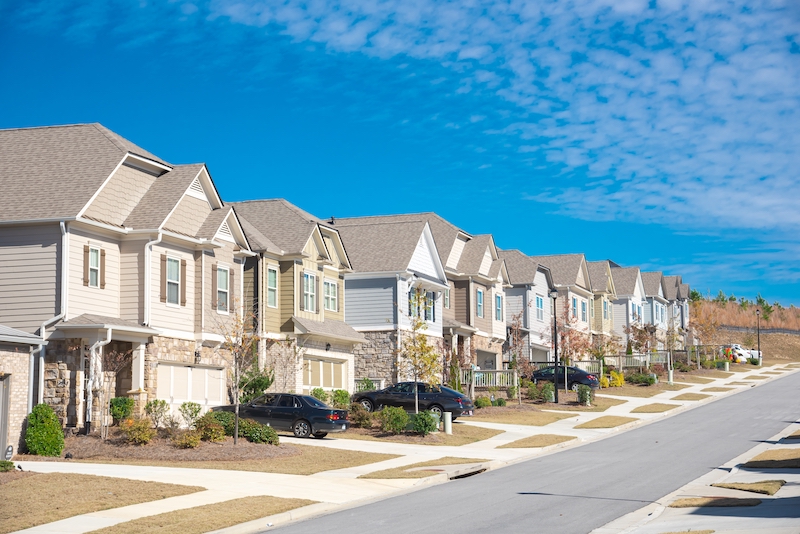
Florida homeowners residing in HOA communities may find some respite this summer due to a new law aimed at easing restrictive fines imposed by homeowners’ associations. Governor Ron DeSantis has signed House Bill 1203, set to take effect on July 1, which seeks to curb excessive fines and enhance transparency within HOAs.
Historically, HOAs have charged fines to manage community maintenance and penalize rule violations. While designed to uphold community standards and uniformity, HOAs often become notorious for overly restrictive rules, increasing fines, and a lack of budget transparency. Many homeowners share stories of arbitrary fines, harassment, and inflexible rules, contributing to a challenging living environment.
House Bill 1203, referred to as a Homeowner’s Bill of Rights, introduces significant changes to the current HOA framework. Under this new law, HOAs will face restrictions on some of their most criticized practices and will be mandated to operate with greater transparency. This bill follows a recent law requiring HOAs to permit homeowners to implement hurricane protection measures on their properties.
Key Provisions of HB 1203:
Effective July 1, 2024, HOAs will be prohibited from:
- Enforcing rules selectively among residents.
- Banning personal, business, or first responder vehicles (excluding commercial vehicles) from being parked in driveways or other permissible areas.
- Prohibiting contractors or workers from accessing homeowners’ properties.
- Fining residents for leaving garbage cans at the curb or driveway within 24 hours of scheduled trash collection.
- Penalizing residents for keeping up holiday lights or decorations beyond the HOA’s specified period without prior notice, allowing a week for removal.
- Imposing rules on the interior of a structure not visible from the street, a neighbor’s property, common areas, or community golf courses.
- Banning vegetable gardens or clotheslines if not visible from the aforementioned locations.
- Requiring approval for central air conditioning, refrigeration, heating, or ventilation systems that are not visible from public areas and are similar to previously approved systems.
Enhanced HOA Transparency Requirements:
The law also mandates that HOAs retain their official records, including bylaws, amendments, articles of incorporation, declaration of covenants, current rules, meeting minutes, insurance policies, contracts, financials, budgets, tax returns, voting records, and more, for at least seven years. Destruction of accounting records within this period will be classified as a first-degree misdemeanor.
This legislative move is seen as a significant step towards balancing the power between HOAs and homeowners, ensuring fair treatment and greater clarity in community management practices.


















